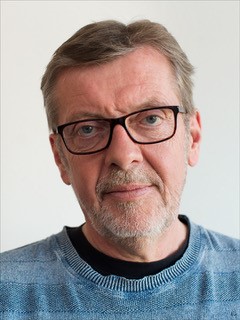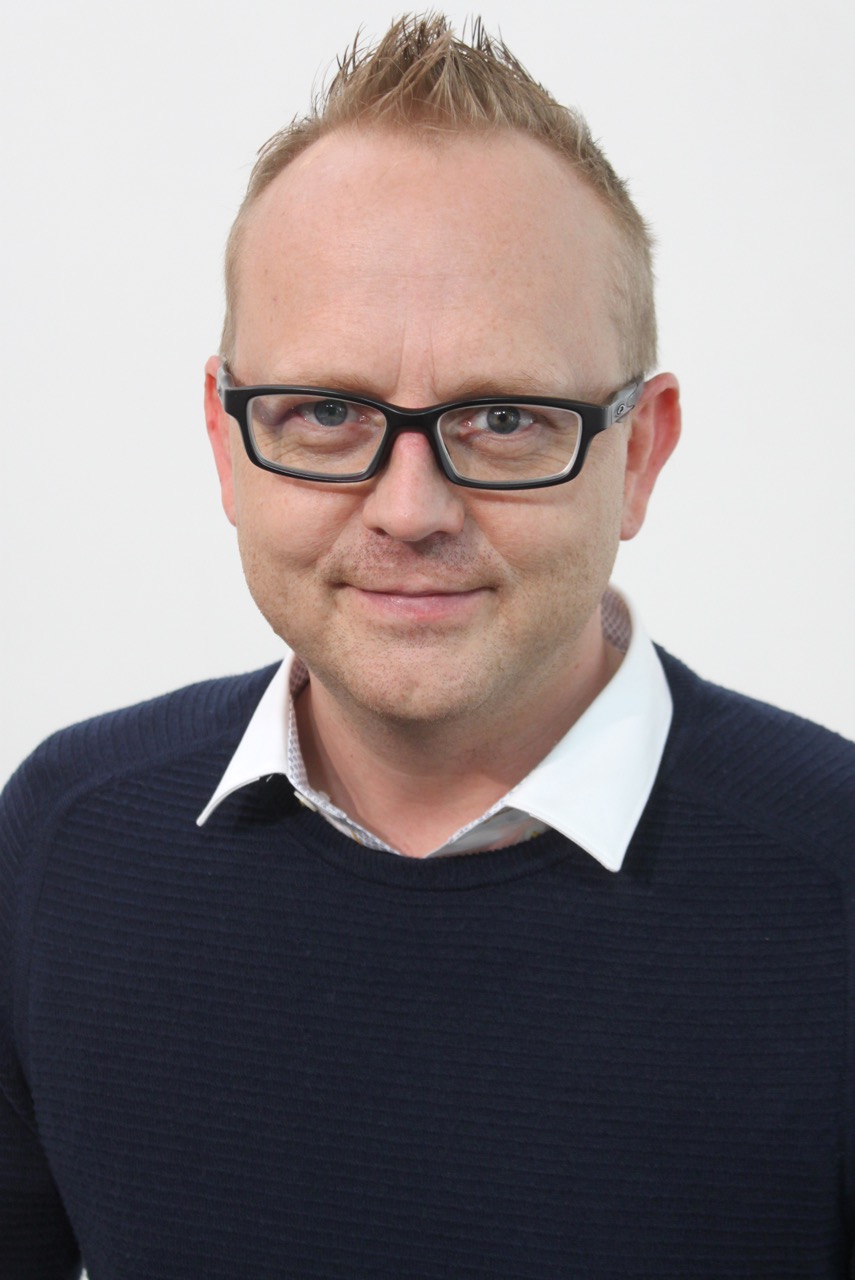The laws on access to information, often called FOI (Freedom of Information) for short, are some of our most important tools as investigative journalists. Following the paper trails is an art in itself, and many important investigations have reached their results through systematic – and creative – use of FOI. We have several sessions that give you tips and tricks during the conference. Among others, you can meet French Stéphane Horel from Le Monde, Swedish freelancer Staffan Dahllöf and Belgian Kristof Clerix from the magazine Knack .
 Stéphane, what are you going to talk about at Dataharvest?
Stéphane, what are you going to talk about at Dataharvest?
– The French FOI Commission denied access to documents on implants as the first implementation of the Trade Secrets directive in France.
What’s the most interesting point of your presentation?
– Le Monde is suing to get a jurisprudence.
What are you yourself looking forward to bring home from the conference?
– Inspiration, contacts and friends (well, not literally bringing home), local asparagus.

Staffan, what are you going to talk about at Dataharvest?
– Challenges when using the Aarhus convention to get access to environmental information.
What’s the most interesting point of your presentation?
– That my own country Sweden with a constitutional track record of transparency since 1766 does not implement a UN-convention and EU-legislation correctly – and what do to about it.
What are you yourself looking forward to bring home from the conference?
– Contacts! Inspiring talks!

Kristof, which experiences are you bringing to the session?
– I’ll be happy to share my FOI experience with the “International Maritime Dangerous Goods Code”. In October 2019 Knack and Belgian daily Le Soir revealed, that 53 tons of ammunition had been loaded on board of Saudi ships in the port of Antwerp. As Saudi Arabia is involved in the Yemen conflict, this arms export is extremely sensitive. The FOI request to the Port of Antwerp was only successful because we used the International Maritime Dangerous Goods Code. A researcher from the Belgian NGO Vredesactie helped us draft the original FOI and answer to the first refusal of the Port of Antwerp.
What’s the most interesting point of your presentation?
– We found that the port of Antwerp also serves as a hub for transhipment of Saudi ammunition. Without the authorities being aware of it! So this story created a lot of debate in the Flemish parliament (in Belgium the regions are responsible for export and transshipment licenses for arms). Impact? The export license body is now drafting a new guideline to help prevent illegal arms transshipment.
What are you yourself looking forward to bring home from the conference?
Ideas for new research projects, tools and skills to access and analyze information, and… energy. Somehow conferences like Dataharvest always give me energy to continue doing what I’m doing. It’s nice to hang out a couple of days with colleagues who have the same mindset, experience the same struggles and are driven by the same indignation and quest for the truth. Dataharvest is a kind of muckraking family meeting. So apart from the “learning” aspect, I’m very much looking forward to meeting colleagues/friends of previous and current investigations and networks (ICIJ, OCCRP, Lost In Europe, the Chlorpyrifos project, etc).
